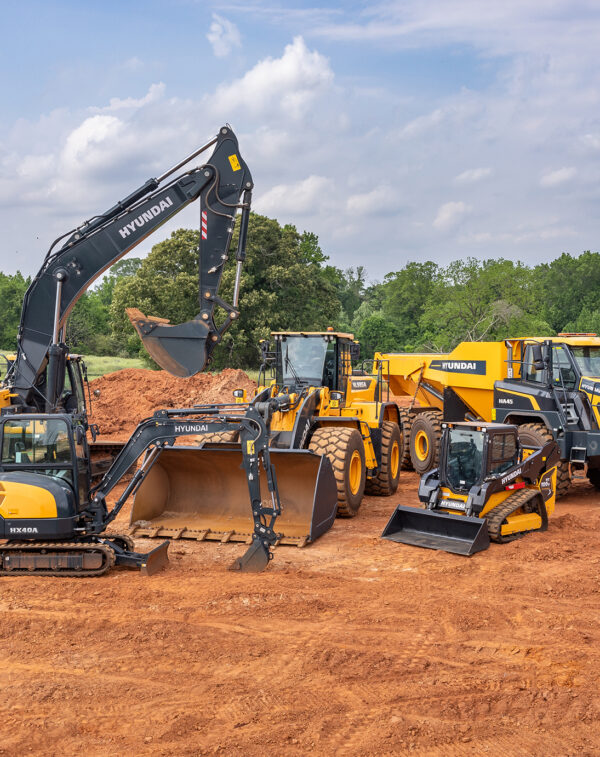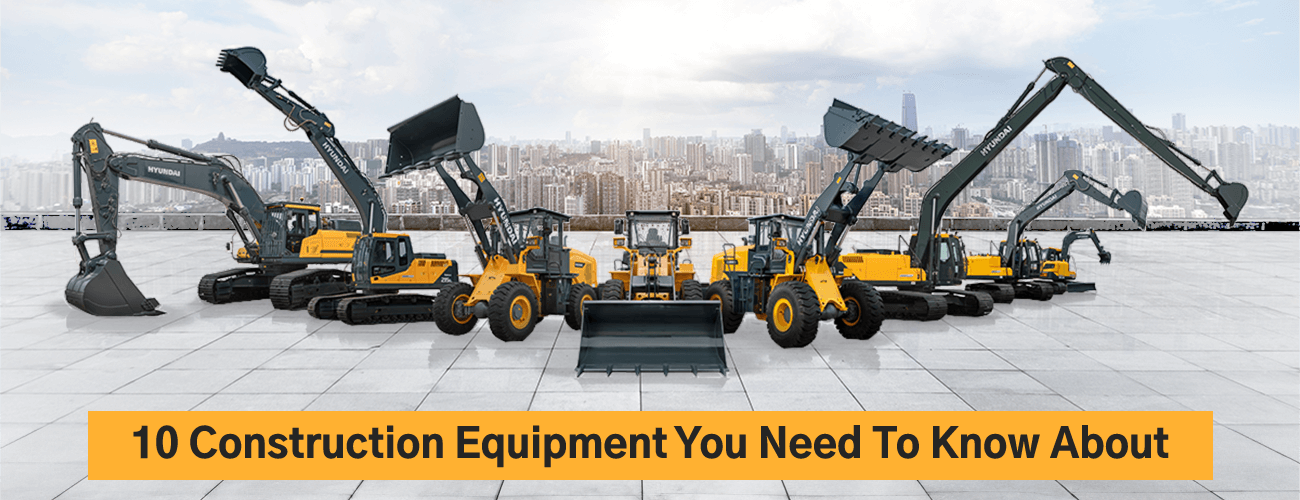Rental Company in Tuscaloosa AL: Top-Quality Equipment for Every Task
Discovering the Financial Conveniences of Renting Construction Devices Contrasted to Having It Long-Term
The decision in between possessing and renting out building tools is crucial for financial administration in the industry. Renting out deals prompt expense savings and functional adaptability, allowing companies to allocate resources extra successfully. Understanding these nuances is crucial, specifically when considering just how they align with specific job needs and financial methods.

Cost Contrast: Renting Out Vs. Having
When evaluating the economic ramifications of renting versus possessing building tools, a thorough cost comparison is necessary for making informed choices. The option between owning and leasing can dramatically influence a firm's lower line, and recognizing the connected expenses is essential.
Renting out building equipment typically includes lower upfront expenses, permitting organizations to allocate resources to other functional needs. Rental agreements often consist of adaptable terms, allowing firms to accessibility progressed machinery without long-lasting dedications. This flexibility can be especially useful for short-term tasks or fluctuating workloads. Nevertheless, rental costs can collect over time, possibly going beyond the expense of ownership if tools is required for an extended period.
Alternatively, owning building and construction equipment calls for a significant first financial investment, together with ongoing expenses such as funding, insurance policy, and devaluation. While possession can cause lasting financial savings, it also locks up capital and may not supply the same level of versatility as renting. Additionally, possessing equipment demands a dedication to its application, which may not constantly straighten with task needs.
Ultimately, the choice to possess or lease ought to be based on a comprehensive evaluation of particular task needs, economic capability, and lasting critical objectives.

Maintenance Obligations and expenses
The selection in between having and renting building devices not only involves financial considerations but likewise encompasses continuous maintenance expenses and duties. Owning tools requires a significant dedication to its upkeep, which includes regular evaluations, repair work, and possible upgrades. These duties can promptly gather, causing unexpected expenses that can strain a budget.
In comparison, when renting tools, upkeep is commonly the responsibility of the rental firm. This setup allows specialists to stay clear of the monetary concern related to deterioration, along with the logistical challenges of organizing repairs. Rental contracts typically consist of stipulations for maintenance, implying that contractors can focus on completing projects as opposed to fretting about equipment condition.
Moreover, the diverse series of equipment available for rental fee makes it possible for business to pick the most up to date designs with advanced modern technology, which can improve performance and performance - scissor lift rental in Tuscaloosa Al. By opting for services, companies can prevent the lasting responsibility of devices devaluation and the connected upkeep migraines. Eventually, reviewing maintenance costs and duties is vital for making an educated choice about whether to lease or have construction equipment, significantly influencing general job prices and functional efficiency

Devaluation Influence On Ownership
A substantial factor to think about in the decision to own construction equipment is the impact of depreciation on total ownership prices. Devaluation represents the decline in worth of the devices gradually, affected by variables such as use, wear and tear, and innovations in innovation. As equipment ages, its market value diminishes, which can substantially influence the proprietor's monetary placement when it comes time to market or trade the equipment.
For building firms, this devaluation can equate to considerable losses if the devices is not used to its fullest capacity or if it lapses. Owners must make up depreciation in their financial projections, which can cause greater total prices compared to renting. In addition, the tax ramifications of devaluation can be intricate; while it might provide some tax obligation benefits, these are frequently offset by the reality of lowered resale value.
Ultimately, the worry of devaluation stresses the value of recognizing the lasting economic dedication involved in possessing building and construction equipment. Firms should meticulously review exactly how usually they will utilize the tools and the possible financial impact of devaluation to make an informed choice concerning ownership versus leasing.
Monetary Adaptability of Renting
Leasing building tools supplies substantial economic flexibility, allowing firms to assign sources a lot more successfully. This versatility is specifically crucial in a market identified by varying task demands and varying workloads. By choosing to rent, businesses can prevent the substantial funding expense needed for acquiring tools, preserving cash circulation for various other functional demands.
Additionally, renting official source out equipment makes it possible for business to customize their equipment options to details project demands without the lasting dedication associated with possession. This means that organizations can conveniently scale their devices inventory up or down based upon existing and awaited task needs. Subsequently, this versatility decreases the risk of over-investment in equipment that may come to be underutilized or obsolete with time.
An additional economic advantage of renting is the potential for tax benefits. Rental payments are usually thought about business expenses, enabling immediate tax obligation deductions, unlike devaluation on owned equipment, which is topped several years. scissor lift rental in Tuscaloosa Al. This prompt expense recognition can better improve a company's cash money placement
Long-Term Project Considerations
When evaluating the lasting requirements of a building and construction business, the choice between renting out and possessing tools becomes much more complex. Key aspects to consider include task period, regularity of use, and the nature of upcoming tasks. For jobs with extensive timelines, buying equipment might seem advantageous as a result of the possibility for lower total expenses. However, if the equipment will not be made use of constantly across tasks, having may cause underutilization and unnecessary expenditure on upkeep, storage space, and insurance.
Furthermore, technological improvements position a considerable factor to consider. The construction market is evolving swiftly, with new devices offering improved performance and security attributes. Leasing enables firms to access the most recent technology without devoting to the high ahead of time costs associated with acquiring. This adaptability machines used in road construction is especially helpful for companies that handle varied jobs requiring various types of equipment.
Furthermore, economic security plays an essential duty. Having equipment often involves considerable resources investment and devaluation worries, while renting out enables for even more foreseeable budgeting and capital. Eventually, the option in between possessing and leasing needs to be lined up with the calculated objectives of the construction business, thinking about both present and anticipated project needs.
Conclusion
In verdict, renting building devices offers considerable monetary benefits over long-term possession. Ultimately, the decision to rent out rather than very own aligns with the vibrant nature of building and construction projects, enabling for flexibility and access to the most recent devices without the financial burdens connected with ownership.
As equipment ages, its market worth reduces, which can considerably Check This Out influence the owner's economic position when it comes time to trade the equipment or market.
Renting construction devices offers considerable economic versatility, permitting business to assign resources a lot more efficiently.Furthermore, renting out devices allows firms to tailor their tools options to details job needs without the long-term dedication associated with possession.In verdict, leasing building and construction devices supplies significant financial benefits over long-term possession. Ultimately, the choice to rent out rather than own aligns with the dynamic nature of building projects, allowing for versatility and accessibility to the newest devices without the economic concerns associated with ownership.